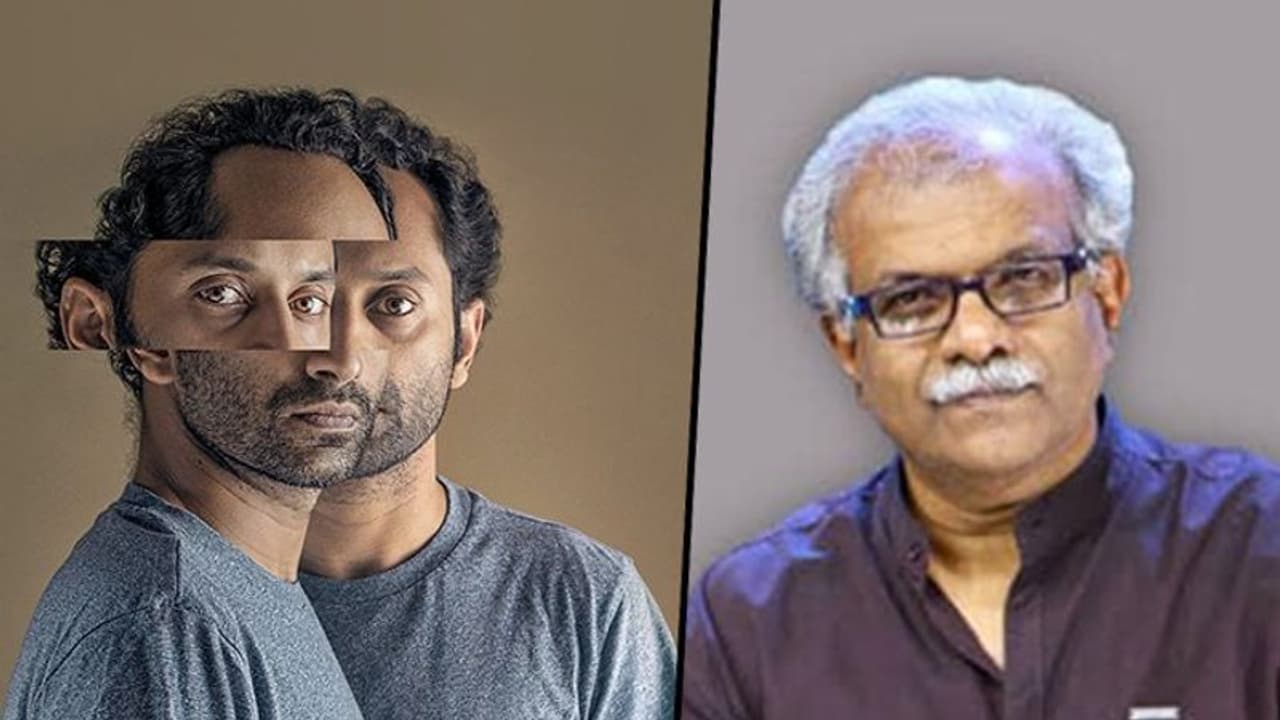Fahadh Faasil's Joji proudly acknowledges its inspiration to Shakespeare’s Macbeth. Asianet News Editor-In-Chief M G Radhakrishnan reviews the film
Shyam Pushkaran is arguably one of the best writers in contemporary Malayalam cinema. Ashiq Abu and Dileesh Pothen who made remarkable movies (Salt and Pepper, 22 Female Kottayam, Kumbalangi Nights), based on Pushkaran’s scripts are certainly the best among Malayalam’s new-gen filmmakers. Pothen’s Thondimuthalum Driksakshiyum of which Pushkaran was the creative director and dialogue writer could be reckoned as one of the best films of our times.

These films have not just raised Malayalam cinema’s bar in craft and aesthetics but embedded organically in their seemingly simple and hilarious exterior was an incisive interrogation of the social and political realities of our times.
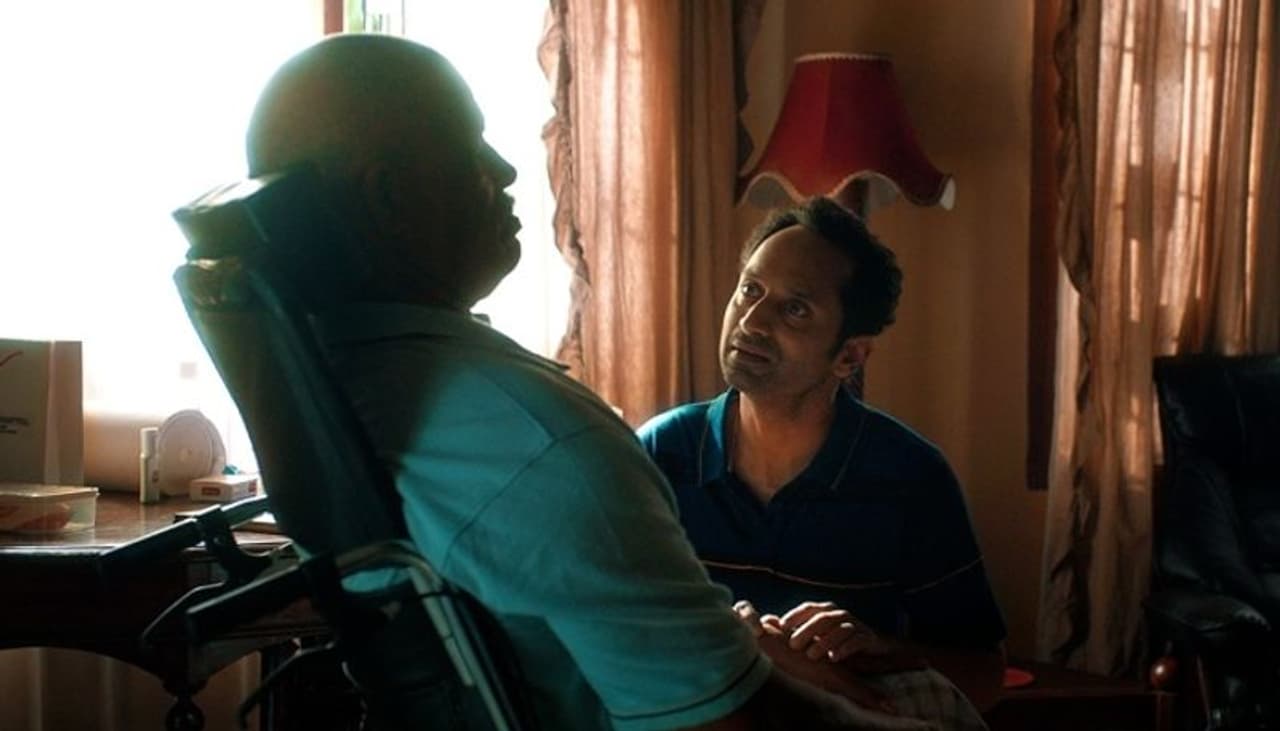
Immanent in the subtext of these movies were the interplay of the politics of power, caste, gender, exclusion, environment, or even food.
It is on account of all this that the Pushkaran-Pothan team’s latest film, Joji appears appalling. Though this film too has been raved widely as were most of their past films, this writer belongs to a minority who thinks otherwise. The film is aesthetically second grade, especially given the creative talent of the duo. Worse, it is morally unforgivable too.
The second charge first. The film proudly acknowledges its inspiration to Shakespeare’s Macbeth. But besides being a clever marketing ploy, the Shakespearean tragedy -with its theme on the avarice for power- appears only tangentially connected to Joji. In fact, Pushkaran himself told in an interview that the inspiration was not more than to a “Macbeth Lite”. But what is morally untenable is the film makers’ stubborn refusal to acknowledge its all too transparent “inspiration” to a classic Malayalam movie made 35 years ago. It is Irakal (Victims- 1985) created by KG George, the brilliant filmmaker of the Malayalam stream of Indian regional cinema’s new wave that was born in the mid-1970s. The striking similarities between the two films can easily be noticed by anyone familiar with Malayalam cinema. Yet, the makers of Joji who go overboard to register their debt to Shakespeare, don’t care to even mention George or Irakal unless they are asked about them. Whenever quizzed, Pothen, Pushkaran and Fahd Faazil uniformly dismiss any deliberate semblance but patronizingly pat Irakal as a great work and that they are so proud Joji was being compared with it. Pushkaran even mocks asking whether scenes of rubber estates seen in both the films could be enough to call them similar.
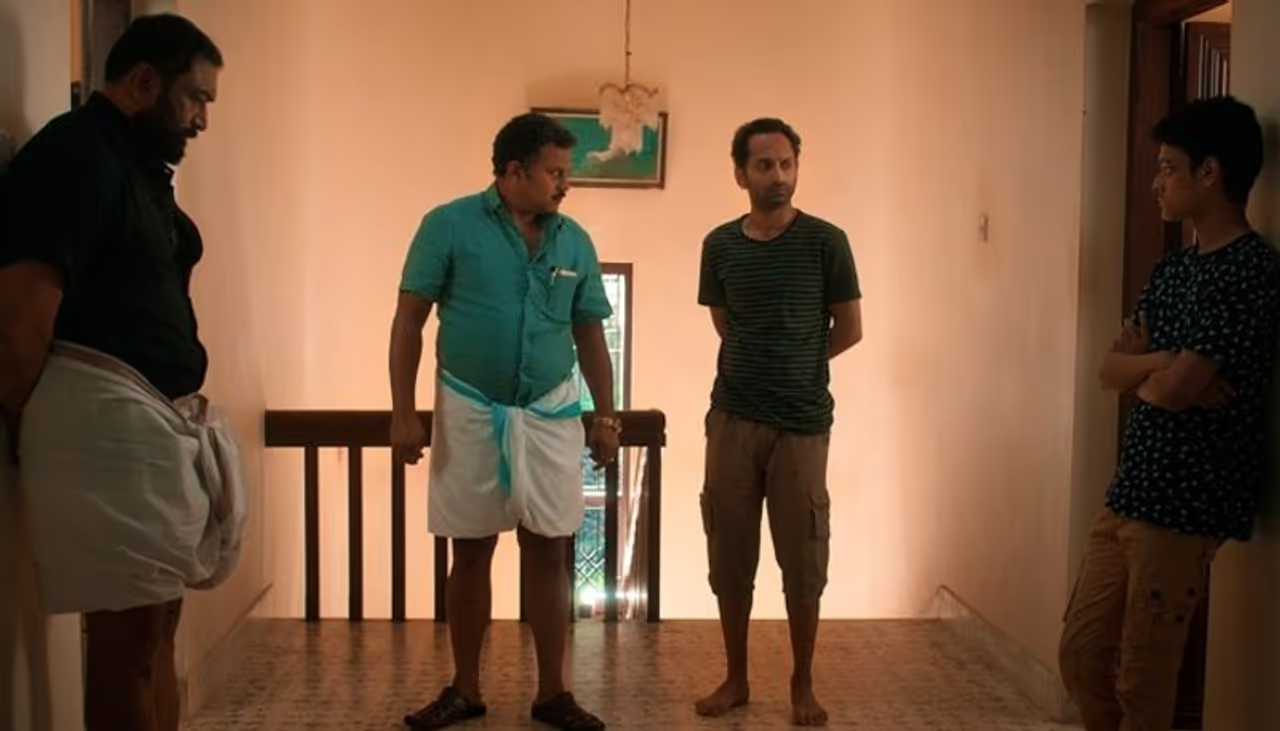
But do the similarities end at the rubber estate? Hardly. Nothing surprising in multiple persons, parted by time and space, having similar thematic or creative ideas. It is also possible to have similar economic, social, religious, political or even psychological geography in multiple artworks. But how come both the films’ architecture that includes narrative styles, characters and even the metaphors be strikingly similar ? And worse, leave the similarities completely unacknowledged?
Both Irakal and Joji are set in the plantations-filled Central Kerala’s Syrian Christian, wealthy, planter families, brutally dominated by authoritarian and unscrupulous patriarchs. Both the films live constantly in the dark and brooding geography of the estates and also the depressing interiors of the imposing family mansions, superbly shot in both. The dystopian plots dwell on the immoral, avaricious, loveless and selfish atmosphere in the family, presided over by the dictatorial and foul-mouthed father. Obviously, the children who grow up here too cannot but be criminalized, greedy and alienated. Both the patriarchs have three grown-up male offsprings who live in constant fear of their fathers, suffering persecution, serfdom and agony. Their other traits too are similar. Both the eldest sons are copies of their tyrant fathers whom they even admire; the timid second sons in both fervently yearn for freedom but are too fearful to even try and drown their desperation in alcohol; the youngest sons who are the heroes in both the movies are the toxically criminal types, deeply vengeful to take it out on all around. If one ends up killing his father and brother, the other wants to kill his father but not makes it although he satiates himself by bumping off his sister’s paramour and his girlfriend’s suitor. Both the films are dark journeys into the criminal minds and actions of these youngsters who incidentally are both engineering dropouts too.
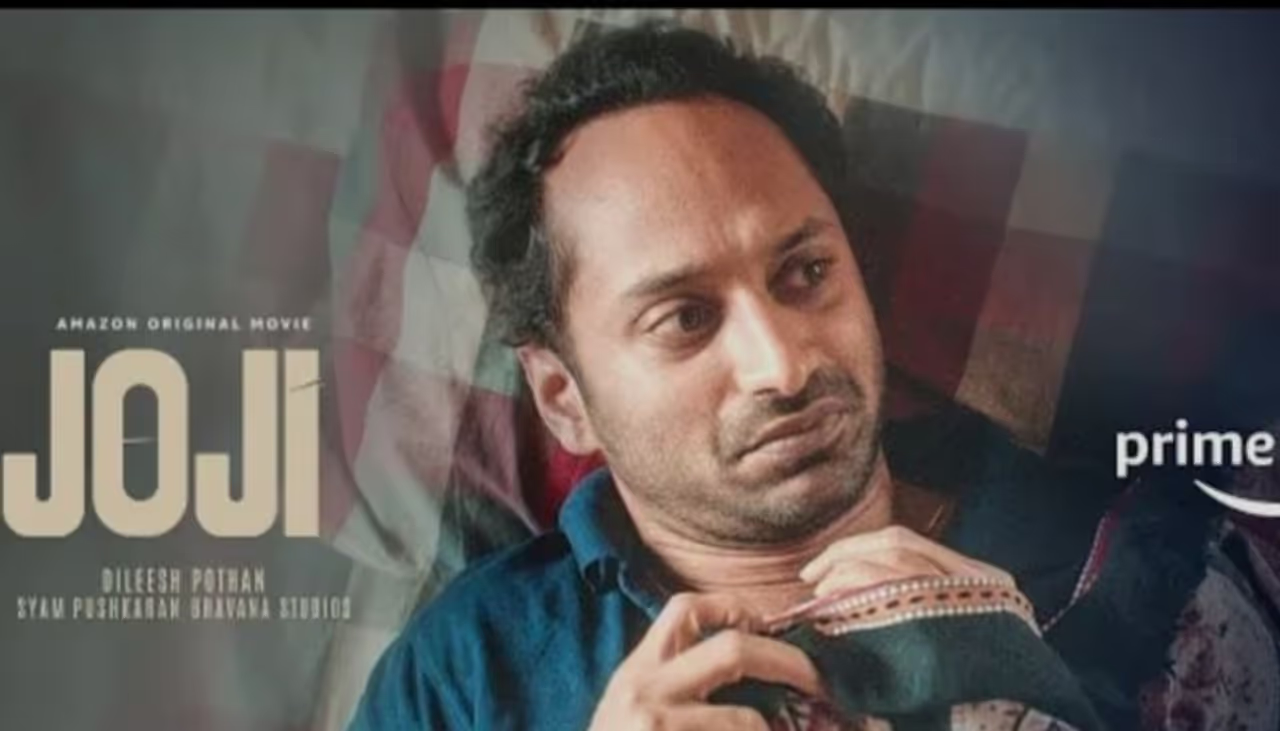
There is more. Both the second sons have wives who are stuck in their husbands’ prison-like homes and thirst for freedom. They constantly needle their timid husbands to try and escape. The wife in Joji is more daring and colludes indirectly with his brother-in-law to finish off the father and vindicates the filmmakers’ inspiration showing a shade of Lady Macbeth. Aren’t these enough for Joji’s makers at least to grant George too what they proudly showered on Shakespeare?
Artistically too Joji is much poorer to Irakal, a film which was pregnant with deep social and political overtones of the time. George’s film was made against the backdrop of the dark and dictatorial chapter in Indian history, the Emergency. The period was marked by arrogant authoritarianism, the crash of values and rule of law, collapse of democratic institutions, abuse of judiciary and dynastic rule. George had once even said that his hero Baby, the spoilt brat from a powerful family, was modeled on Sanjay Gandhi.
Baby was the Malayalam version of Amitabh Bachchan’s many “Angry Young Man” characters who fed up with a rotting system took law into their hands in many Bollywood flicks of the Emergency period. Baby’s criminality was clearly a product of the bad times in which he lived when values were being trampled all around. His father, besides being authoritarian was so corrupt who would bend any rule using muscle or money. The family values too were on the brink with Baby’s headstrong sister walking out on her conservative husband and takes a sexual partner of her choice. George who has made some of Malayalam’s most powerful pro-woman films (Adaminte Variyellu, Matoraal) refrained from being judgmental on Anne’s freedom of choice. Yet another reflection of the times in Irakal was the depiction of depression, loneliness and gross neglect suffered by the aged in the family.
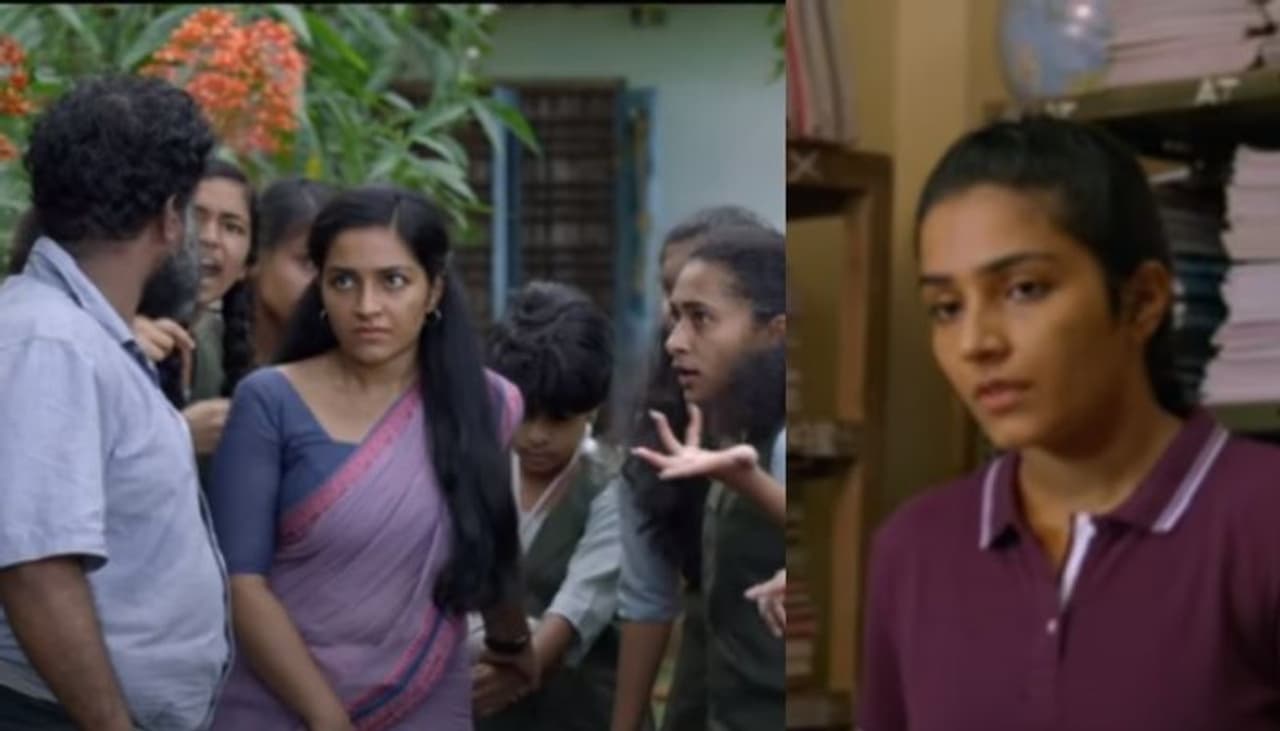
Another instance of George’s brilliance was the way he narrated through quick brushstrokes the epic human saga behind the history of plantations in Kerala. It unfurls through the demented memories of the bedridden grandfather about the enormous struggles and hardships of the laborers who built the plantations for the European owners by braving floods, storms, diseases and wild animals, climbing up high hills, cutting down thick jungles. Over time, the plantations changed hands from the colonialists to the indigenous owners. The grandfather remembers that the white man’s rifle which was used to hunt down wild animals was also handed over to him along with the land. But he never had any use of it although his son had found it handy again. It was a metaphor not just for his own family history but for independent India’s journey since power changed hands from the colonialists to the days of Emergency. While the Nehruvian first generation of the indigenous elite had some regard for democracy and nation-building, naked abuse of power and aggression were the hallmarks for the next generation exemplified by the Emergency, Indira Gandhi and Sanjay Gandhi.
Yet another drawback of Joji was its superfluous characterization. Most characters were stereotypical and unidimensional, unlike Irakal’s nuanced and complex ones. Panachel Kuttappan, the domineering patriarch in Joji was all muscle and an abuse and the film completely dwells on his physicality to convey the character. He strangles his slender young son with one hand, pulls out a water pipe sunk deep in mud singlehandedly and works out his swirling muscles every day despite his advancing age. In contrast, Palakkunnel Mathukkutty, immortalized by the late Thilakan, terrorized everyone with his sheer internal strength, not by muscles or abuses. Baby, the criminal-minded hero too had multiple sides. His violent rage driven by a love-deprived childhood spent under his unscrupulous father. Despite his constant fury, he constantly longs for love and friendship as shown by his concern for the neglected grandpa, his laborer friend or his girlfriend.
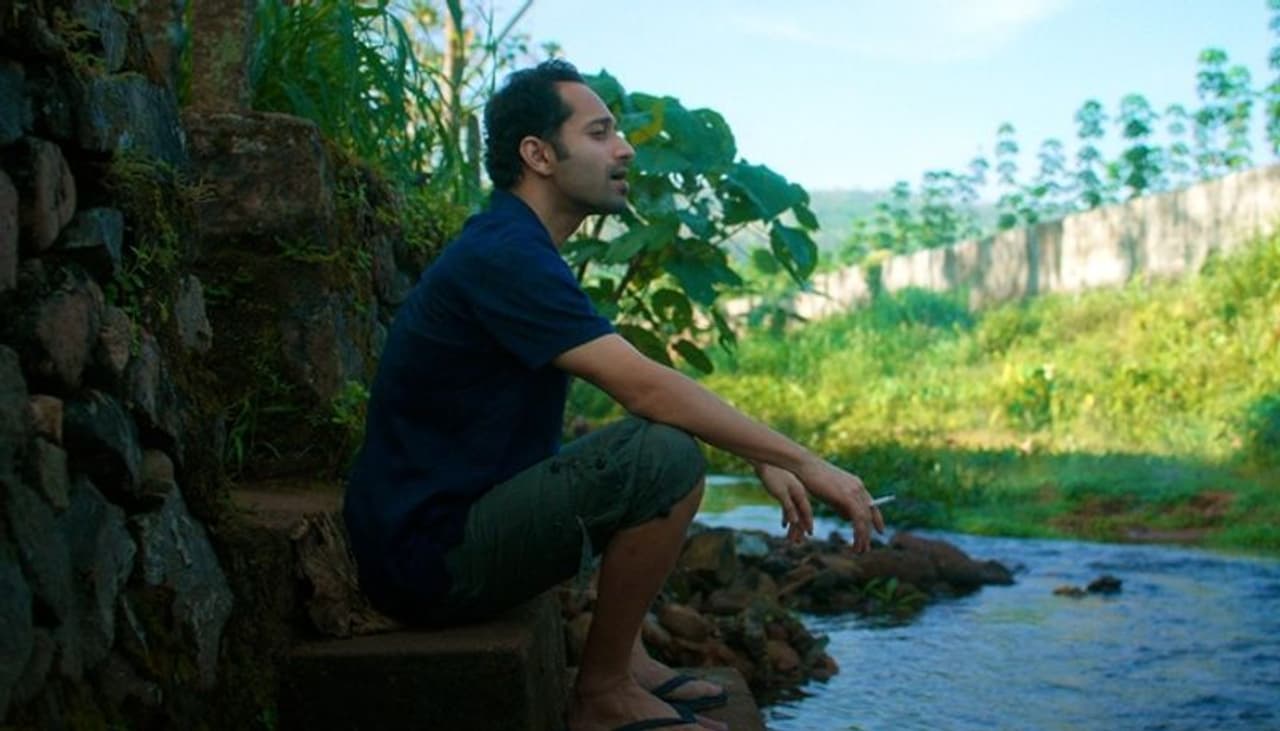
In contrast, Joji, the film and its eponymous hero inhabit a much smaller canvas that carried no sign of the times but only the pale and unacknowledged footprints of an all-time classic.

